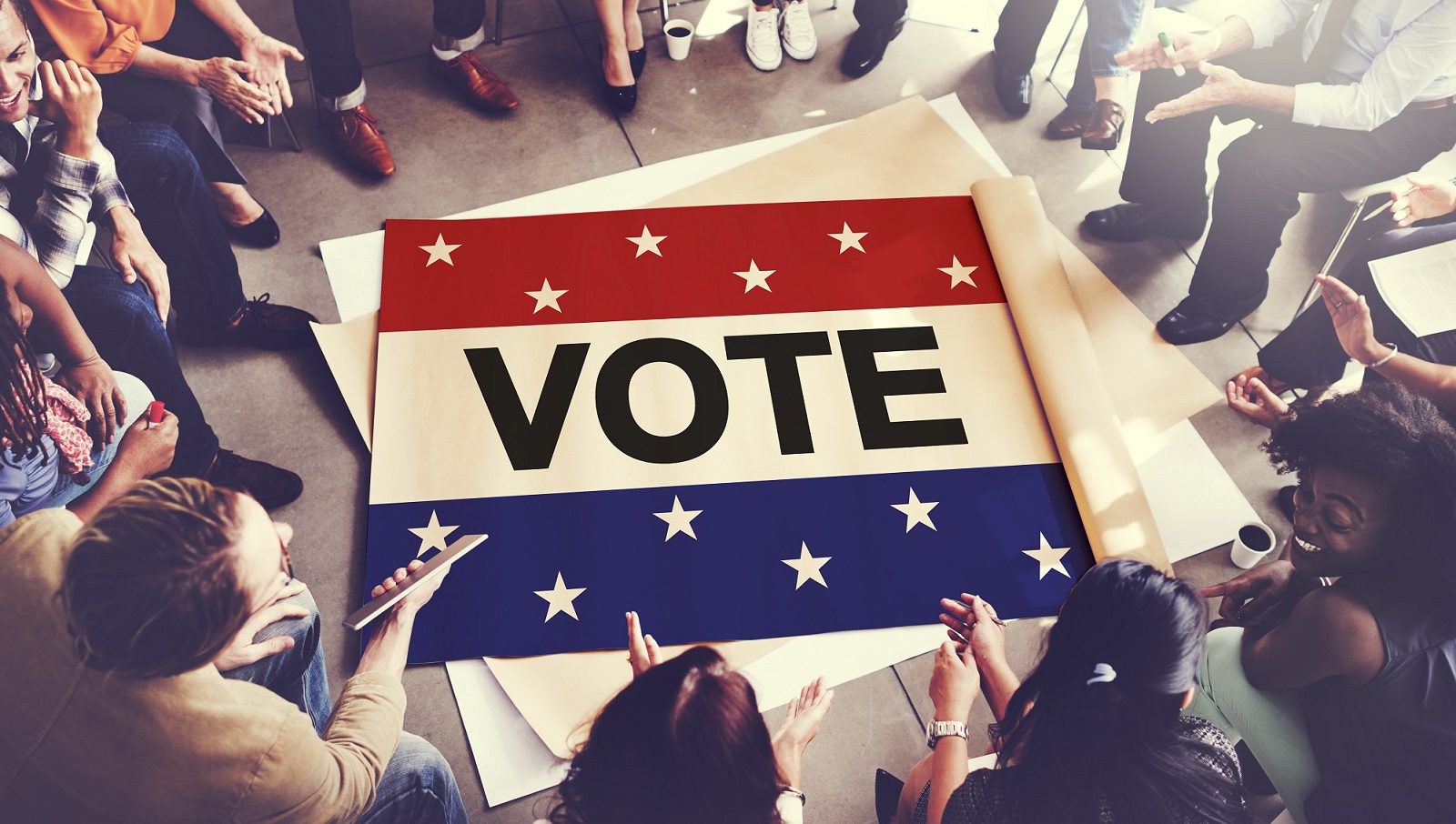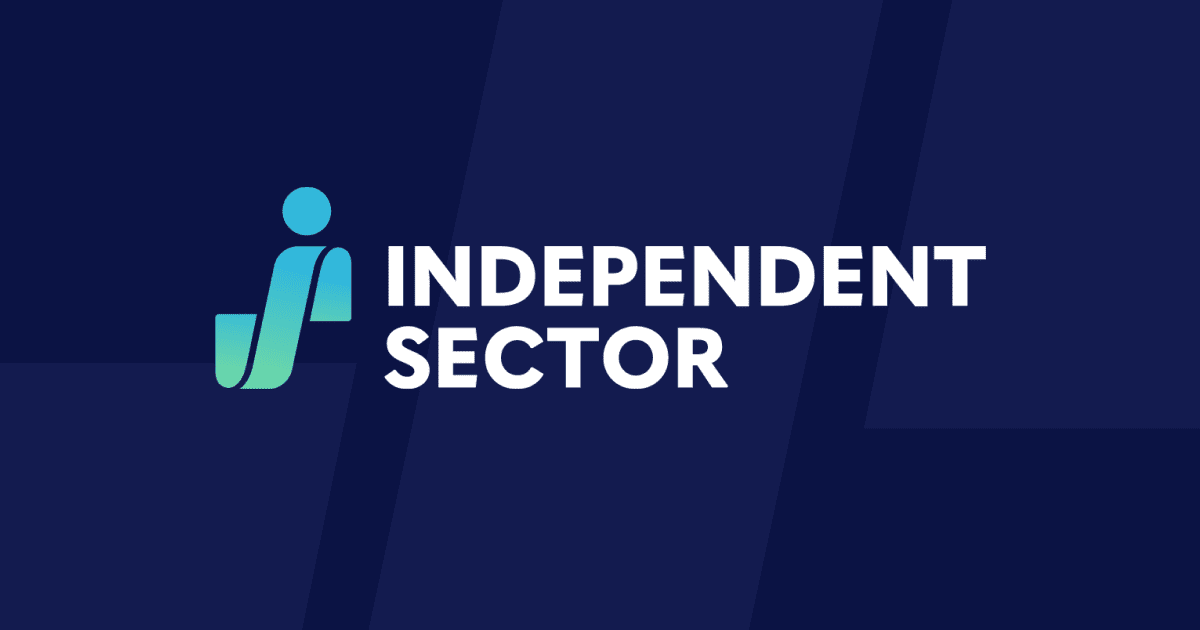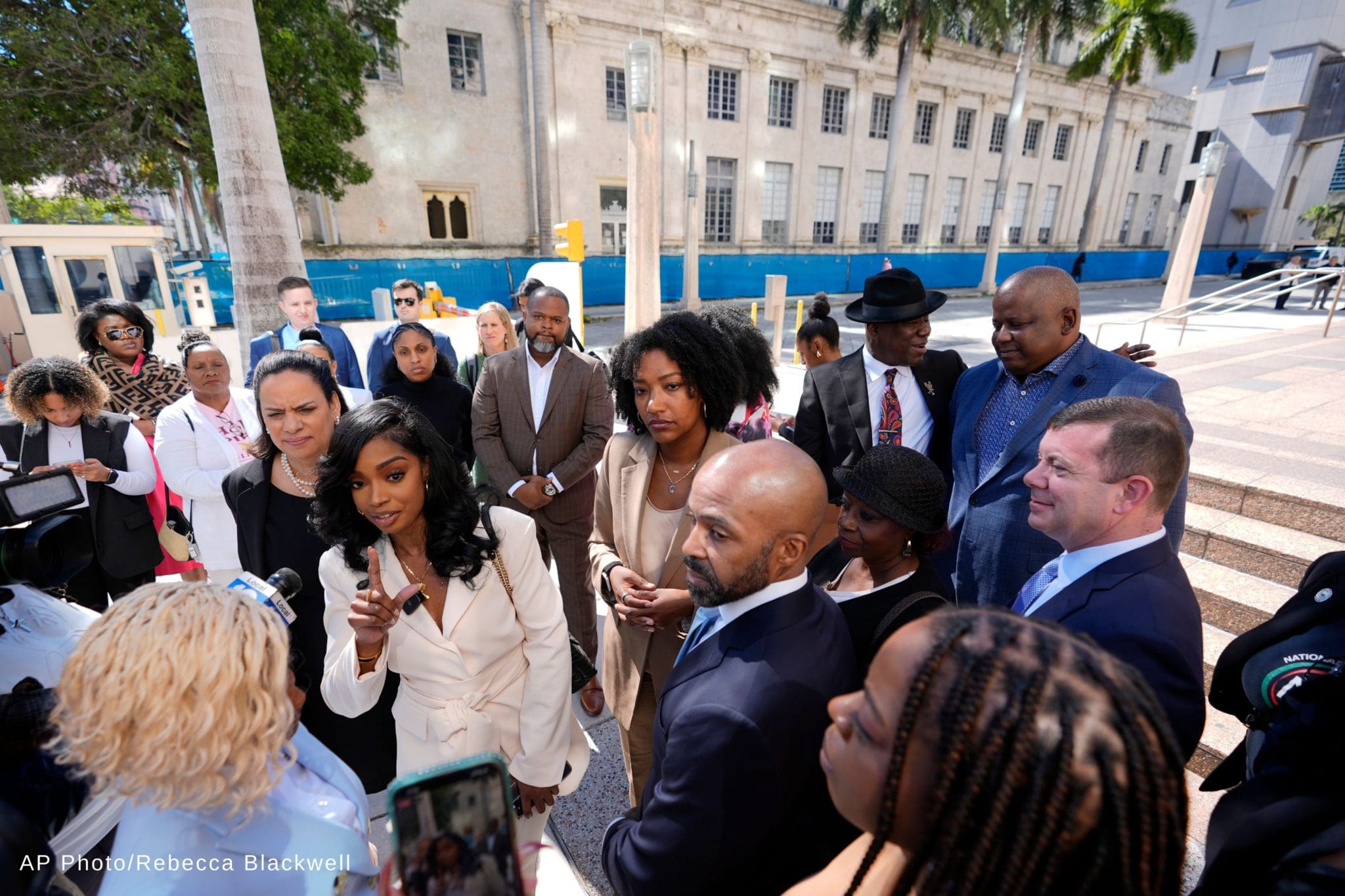Voting is the cornerstone of a healthy civil society. For two centuries, nonprofits have worked to help our constituents vote because voting ensures elected officials prioritize the needs of our communities and help all people thrive.
Indeed, Independent Sector holds voter participation – particularly in Black, Native, and other communities of color – as a critical indicator of whether all people living in the U.S. are, in fact, thriving.
Ensuring every American has a voice in our democracy requires a delicate balance between state and local authority and federal oversight. The 2020 election is distinguished as being the most secure in our nation’s history, while also observing record-breaking voter turnout. It holds the potential for valuable lessons on how to improve elections, but beginning in the early months of 2021, some policymakers began passing changes to election processes that risk marginalizing some voters or placing more burdens on already under-resourced local jurisdictions.
This is a complex issue in an even more complex time. However, Independent Sector believes that the current voting system across all 50 states, the District of Columbia, and U.S. territories needs improvement. Policy changes are required at local, state, and federal levels to ensure secure, accessible elections. As policy proposals to improve the election process emerge, Independent Sector will evaluate their merits according to the following four principles, developed in consultation with our Public Policy Committee and adopted by our Board of Directors in June 2021.
- Increase Voter Participation: All eligible citizens must be able to vote safely, and policies must facilitate increased participation;
- Prevent Barriers to Voting: Policymakers at all levels are obligated to prevent barriers, intimidation, and discrimination in voting procedures, particularly within marginalized communities;
- Protect Elections to Ensure Trust: Protecting voting systems, ensuring the independence of election administration from political or other influences, and preventing voter fraud are essential to preserve trust in the integrity of our elections; and
- Clarify Nonprofit Engagement in Elections: Nonprofits of all types require clear, aligned rules for engaging in elections to protect our missions, spur action, and preserve Americans’ trust in the sector.



